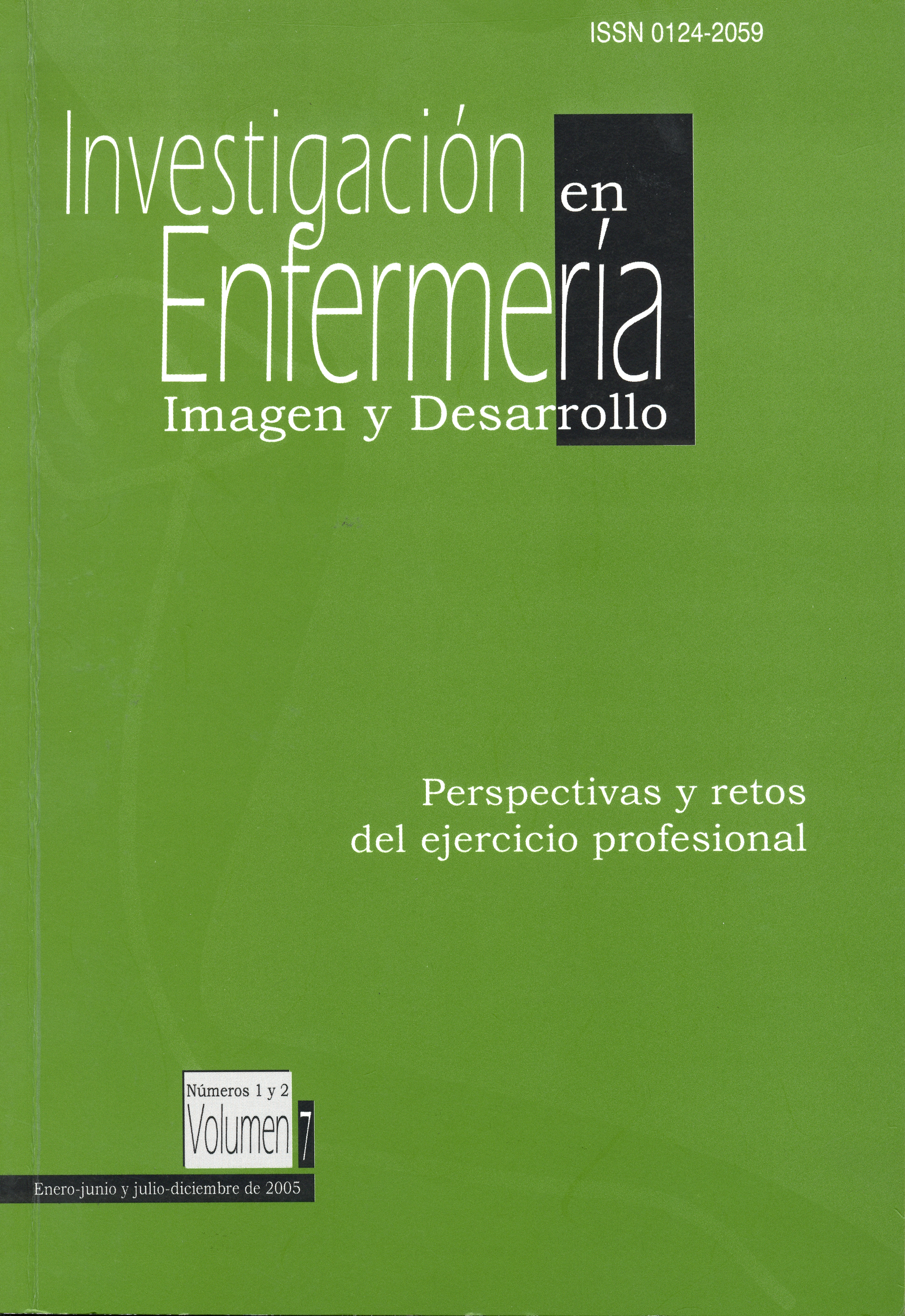Resumen
En el último siglo, la salud pública ha sido el ente dinamizador en la aplicación de estrategas para mantener la salud y para tratar de disminuir y manejar las enfermedades prevalecientes en grandes grupos comunitario. Estas estrategias han sido denominadas educación para la salud, promoción de la salud y prevención de la enfermedad. Para lograr cumplir con estas acciones a nivel comunitario, ha sido necesaria la ingerencia de grandes organizaciones como la Organización Panamericana de la Salud (OPS), la Oficina Panamericana Sanitaria y la Organización Mundial de la Salud (OMS), quienes no sólo han actuado para fundamentar planes estratégicos, sino para elaborar políticas públicas referidas promover y proteger la salud y la vida de las personas más vulnerables y desprotegidas del planeta. Esta protección busca proporcionar los medios necesario para ejercer mayor control sobre la propia salud, y así poder mejorarla con la implementación de la ética y la bioética. En estos términos, la acción de estas dos disciplinas ha orientado la fundamentación y la reflexión sobre el actuar interdisciplinar, de acuerdo con el bioeticista Daniel Callahan, quien define uqe la bioética cultural se relaciona con el contexto histórico, ideológico, cultural y social en el cual vive y se expresa la persona. A su vez, la bioética clínica considera la toma diaria de decisiones morales sobre lo que se debe hacer para cuidar la salud y la vida; y la bioética normativa, se identifica con las reglas y las normas que orientan la toma de decisiones en casos y situaciones que requieren soluciones ético-legales y aplicación de las políticas públicas.
ABSTRACT
The public health has been in the last century the dynamo being in the application of strategies to maintain the health and to try to diminish and to handle the prevalentes diseases of great communitarian groups. These strategies have been denominated education for the health, promotion of the health and prevention of the disease; in order to manage to fulfill these actions at communitarian level, the interference of great organizations has been necessary: the Pan-American Organization of health (OPS), the Sanitary Pan-American Office and the world-wide Organization of the Health (the WHO), who have not only acted to base strategic plans, but in the elaboration of public policies referred to promote and to protect the health and the life of the most vulnerable and unprotected people of the planet, in terms to provide means necessary to exert greater control on the own health and thus to be able to improve it with the implementation of the ethic and the bioethic. In these terms the action of these two disciplines have oriented the fundamentation and the reflection on acting between disciplines, as it conceives Daniel Callahan, when it defines that the cultural bioethic, is related to the historical, ideological context, cultural and social in which it lives and it express the person; the clinical bioethic, considers the taking daily of moral decisions on which it is due to make to take care of the health and the life; and the normative bioethic, identifies with the rules and the norms that orient the decision making in cases and situations that require ethical-legal solutions and application of the public policies.
La revista Investigación en Enfermería. Imagen y Desarrollo se encuentra registrada bajo la licencia Creative Commons Reconocimiento 4.0 Internacional. Por lo tanto, esta obra se puede reproducir, distribuir y comunicar públicamente en formato digital, siempre que se reconozca el nombre de los autores y a la Pontificia Universidad Javeriana. Se permite citar, adaptar, transformar, autoarchivar, republicar y crear a partir del material, para cualquier finalidad (incluso comercial), siempre que se reconozca adecuadamente la autoría, se proporcione un enlace a la obra original y se indique si se han realizado cambios. La Pontificia Universidad Javeriana no retiene los derechos sobre las obras publicadas y los contenidos son responsabilidad exclusiva de los autores, quienes conservan sus derechos morales, intelectuales, de privacidad y publicidad.
El aval sobre la intervención de la obra (revisión, corrección de estilo, traducción, diagramación) y su posterior divulgación se otorga mediante una licencia de uso y no a través de una cesión de derechos, lo que representa que la revista y la Pontificia Universidad Javeriana se eximen de cualquier responsabilidad que se pueda derivar de una mala práctica ética por parte de los autores. En consecuencia de la protección brindada por la licencia de uso, la revista no se encuentra en la obligación de publicar retractaciones o modificar la información ya publicada, a no ser que la errata surja del proceso de gestión editorial. La publicación de contenidos en esta revista no representa regalías para los contribuyentes.


